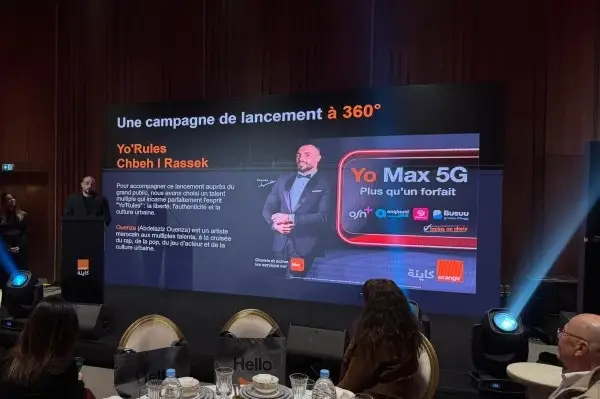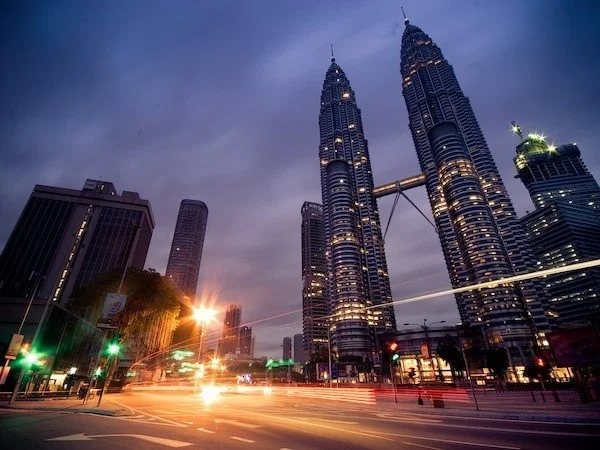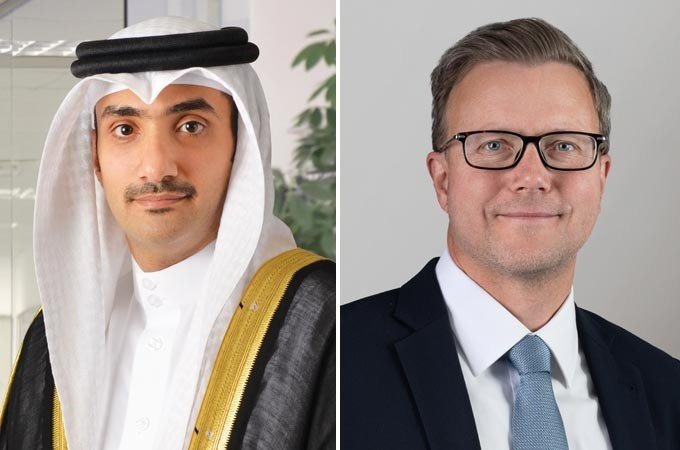The International Telecommunication Union (ITU) has released a critical report highlighting Africa’s ongoing challenges with digital access. According to the findings, only 38% of Africa’s population is online in 2024, making it the region with the lowest internet usage rate globally. This stands in stark contrast to the global average of 68%, underscoring the significant digital divide that persists across the continent.
The report identifies several key barriers contributing to this disparity. The most prominent challenge is the high cost of internet services, which remains a major hurdle for many Africans. In numerous cases, the expensive cost of connectivity makes the internet inaccessible, particularly for those in rural areas.
Another significant issue highlighted by the ITU is the critical shortage of digital skills among the population. The lack of technical knowledge and access to digital literacy programs has created a gap that limits the ability of many to fully utilize online opportunities, whether for education, business, or communication.
Furthermore, inadequate network infrastructure exacerbates these problems, particularly in rural areas, making it difficult for many regions to access reliable, high-speed internet. This has left large segments of the population disconnected from the digital economy and unable to benefit from the opportunities the internet provides.
The report suggests that overcoming these barriers will require concerted efforts from governments, the private sector, and international organizations. Increased investment in infrastructure, more affordable internet access, and widespread digital literacy programs are essential to bridging Africa’s digital divide and unlocking the continent’s vast potential.
















Using a Mexican Pharmacy Online has been a lifesaver for me. I didn’t have to worry about high local pharmacy costs, and the ordering system was smooth. The savings are significant, and I appreciate the convenience of having everything shipped directly to my home. Visit –Mexican Pharmacy Pharmacy in Mexico– https://mexglobalphrm.com/ https://mexicanpharmrx.com/ https://mexcure.com/
Ordering from a Mexican Online Pharmacy has been incredibly convenient. They offer a great selection of medicines, including generics, at affordable prices. Everything arrived safely packaged, and the savings compared to local pharmacies were amazing. Visit –Mexican Pharmacy Pharmacy in Mexico– https://mexglobalphrm.com/ https://mexicanpharmrx.com/ https://mexcure.com/
-The Mexican online pharmacy shipping to USA I used had super fast delivery. My order arrived in Texas in under a week. Visit – https://mexglobalphrm.com/
-Has anyone had issues with an online Mexican pharmacy no prescription? I’m tempted by the prices but worried about fakes. Visit – https://mexglobalphrm.com/